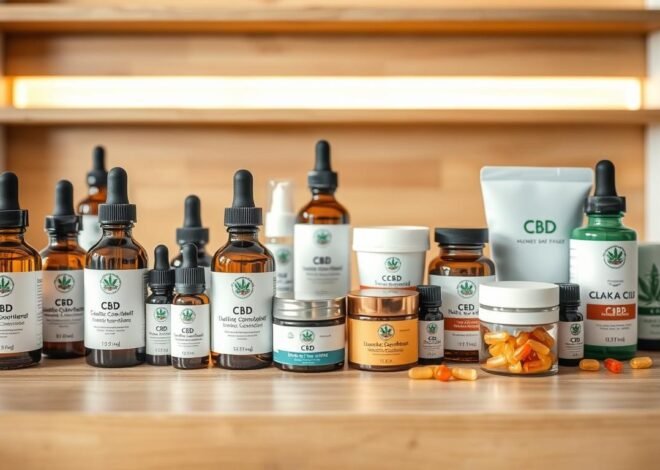
well health tips in hindi wellhealthorganic
Get a healthy lifestyle to start the New Year with these tips.
You can start your journey towards a healthy lifestyle with these 10 well health tips in hindi wellhealthorganic.
1. Eat a healthy diet
Combine different foods such as fruit, vegetables and legumes with whole grains, nuts, seeds, and grains. Adults should consume at least five portions of fruits and vegetables (400g each) per day. Eat a variety, eat fresh fruits and veggies as snacks and always include vegetables in your meals. Eating healthy will help you reduce your risk for malnutrition, and noncommunicable disease (NCDs), such as cancer, diabetes, and heart disease.
2. Reduce your salt and sugar intake
Reduce your daily salt intake to around 5g, which is about 1 teaspoon. You can do this easily by choosing low-sodium foods and removing salt, soy, fish sauce, and other condiments high in sodium from the table.
Sugar consumption can lead to tooth decay or unhealthy weight gain. Both adults and children should reduce their intake of sugars. WHO recommends that you consume less than 5% total energy to gain additional health benefits. Sugary drinks, sweetened snacks and candies can be reduced.
3. Reduce harmful fat intake
The amount of fat consumed should not exceed 30% of total energy consumption. It will prevent NCDs and unhealthy weight gain. Unsaturated fats over saturated and trans fats is preferred. WHO recommends that saturated fats be reduced to less than 10% and trans fats to 1% or less of the total energy intake.
Trans-fats can be found in pre-packaged foods and snacks, including frozen pizzas, cookies, biscuits and cooking oils.
4. Don’t smoke
Smoking tobacco is a cause of NCDs, such as heart disease, stroke and lung disease. Smoking tobacco can kill not only direct smokers, but also non-smokers by second-hand exposure.
It’s never too late to stop smoking. You will see immediate and long-term benefits to your health. It’s wonderful that you don’t smoke! Don’t start smoking, and fight to ensure that you can breathe smoke-free air.
5. Be Active
Any movement of the skeletal muscles that involves energy expenditure is considered physical activity. Exercise and other activities can be done while doing household chores, working, or traveling. Your age determines how much physical activity you should be doing. Adults aged 18-64 must do 150 minutes per week of moderate intensity physical activity. For additional health benefits, increase moderate-intensity exercise to 300 minutes per weeks.
6. Regularly check your blood pressure
High blood pressure or hypertension is often called “the silent killer”. Many people with hypertension are unaware of their condition because it does not show any symptoms. Uncontrolled hypertension can cause heart, kidney, brain and other diseases. Regularly have your blood pressure measured by a healthcare professional so that you are aware of your numbers. Ask a health professional for advice if your blood pressure is too high. It is essential in the prevention and management of hypertension.
7. Traffic laws
Over one million people have died in road crashes around the globe, and millions are injured. The government can prevent road traffic injuries by implementing a number of measures, such as stronger legislation, better enforcement, safer vehicle standards and infrastructure, and improved care after a crash. By following traffic laws, you can prevent road accidents. For example, use a seatbelt when driving a car or a bicycle for adults, wear a helmet for children, don’t drink and drive, and do not use your phone while driving.
8. Only take antibiotics as prescribed
Antibiotic resistance is a major threat to public health in this generation. Antibiotic resistance makes bacterial infections more difficult to treat. This leads to increased medical costs, longer hospital stays and higher mortality. The misuse and abuse of antibiotics in both humans and animals is causing them to lose their effectiveness. Only take antibiotics when prescribed by a health care professional. Once prescribed, follow the instructions for treatment. Antibiotics should never be shared.
9. How to properly clean your hands
Hand hygiene is important not just for health care workers, but also for everyone. It is important to keep your hands clean in order to prevent the spread and transmission of infectious diseases. Handwashing with soap and water or using an alcohol-based hand product is recommended when hands are visibly dirty.
10. Regular checkups
Regular health checkups can detect problems before they occur. Early diagnosis and treatment of health problems by professionals is crucial to a cure. Visit your local health facility to learn about the services, screenings and treatments available to you.


